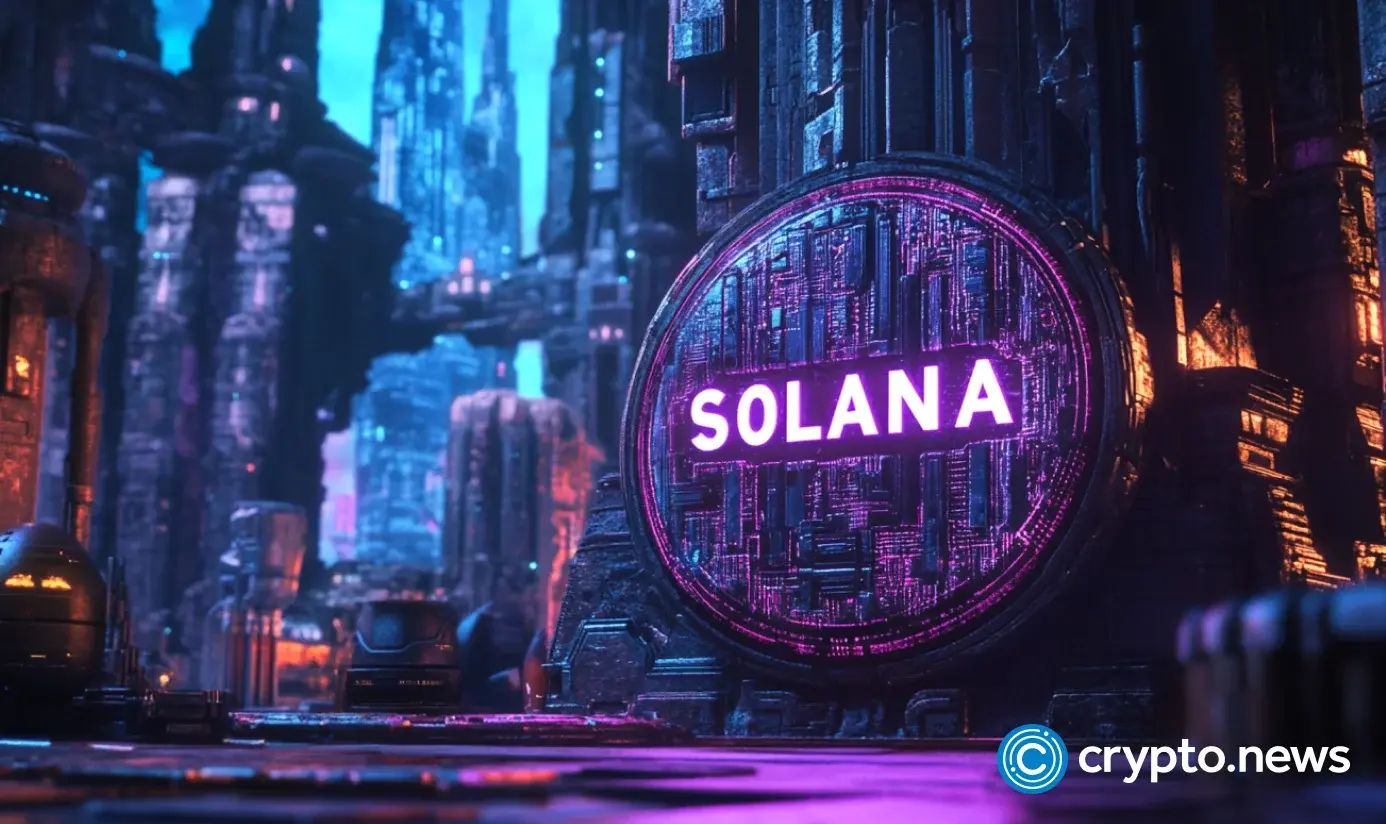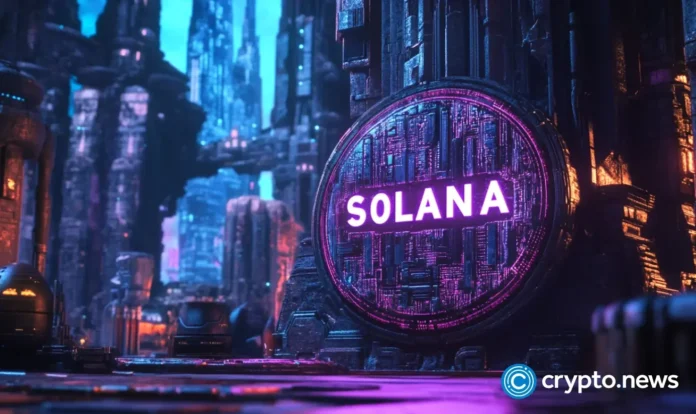
Validators don’t always play by the rules that the blockchain sets, according to a new report. This phenomenon has been observed in the Solana network, where validators have been found to manipulate the system to earn higher rewards.
Summary of the Issue
The report, published by the Chorus One Research Team, reveals that Solana validators can slow down block production to pack more transactions into their assigned slots. This tactic allows them to receive more fees per calculation unit, resulting in higher rewards. The key findings of the report include:
- Solana validators can play the blockchain to earn better rewards by slowing down block production.
- By doing so, validators can receive up to 3% better rewards, which may seem small but can significantly impact their profit margins.
- This timing game can ultimately affect ordinary users in the network, potentially leading to centralization and reduced rewards for Sol Stakers.
The Chorus One Research Team’s analysis shows that both timing games and latency optimization significantly influence the rewards of validators on Solana. By combining these tactics, validators can increase their rewards by up to 3%, which translates to 27 basis points per year. This may not seem like a substantial increase, but considering that most validator costs are fixed, the additional rewards directly contribute to higher profit margins.
Solana Users Can Be Affected by MEV Games
The concern surrounding timing games is that the slowdown of block production affects the inflation mechanics, reducing the rewards that Sol Stakers receive while increasing the income for validators involved. This can lead to a disadvantage for smaller operators, contributing to network centralization. The advantages also favor large validators with advanced hardware and considerable stake, further exacerbating the issue.
To address this problem, Chorus One recommends that Solana updates or replaces its primary validator client, Agave. A competing client, Firedancer, offers comparable efficiency without introducing slot delays, effectively eliminating the time advantage. By implementing this change, Solana can mitigate the effects of timing games and promote a more equitable distribution of rewards among validators.
For more information on this issue and the potential solutions, readers can refer to the original report published by the Chorus One Research Team. The full article can be found at https://crypto.news/how-solana-validators-game-the-chain-to-earn-more-rewards-report/.

